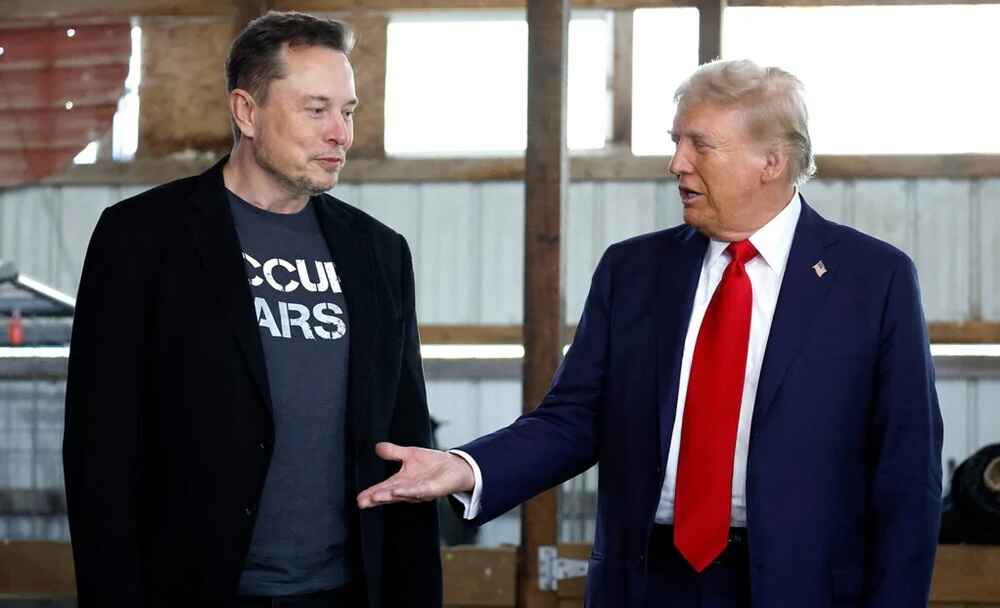A federal appeals court on Wednesday issued a stay on an order that would have compelled Elon Musk’s government cost-cutting initiative to provide records and respond to questioning about its efforts to streamline bureaucracy under President Donald Trump.
The ruling, handed down by the U.S. Court of Appeals for the District of Columbia, serves as a temporary victory for Musk and the Department of Government Efficiency (DOGE). The initiative has been under scrutiny for its approach to reducing government expenditures and its lack of transparency.
The ongoing legal dispute stems from a lawsuit filed in Washington, D.C., by 14 Democratic state attorneys general. The lawsuit alleges that Musk’s involvement in executing federal cost-cutting measures breaches the U.S. Constitution. According to the plaintiffs, only officials confirmed by the U.S. Senate have the authority to perform such functions under the Appointments Clause.
Previously, U.S. District Judge Tanya Chutkan ruled against granting a restraining order that would have temporarily blocked Musk from making further budget cuts.
However, she did allow for expedited discovery, meaning that Musk and his department would have to turn over relevant records and testify regarding their actions.
The recent ruling from the appeals court suggests that the Trump administration’s legal stance has merit. The judges noted that Chutkan should have first ruled on whether to dismiss the case before allowing discovery to proceed. This indicates that Musk and DOGE may avoid disclosing documents and answering legal inquiries—at least for the time being.
Musk and his department have been instrumental in advancing the Trump administration’s broader objective of downsizing the federal workforce. The initiative aimed to eliminate tens of thousands of government positions in a bid to reduce federal spending.
However, several legal challenges have hindered these efforts, with courts intervening to assess their constitutionality and potential overreach.
While the appeals court’s decision provides temporary relief for Musk, the broader legal battle is far from over. If the lawsuit proceeds, it could set a precedent regarding the extent of private-sector influence over government functions.
Additionally, the case will likely shape future discussions on executive authority and bureaucratic reform in the United States.












